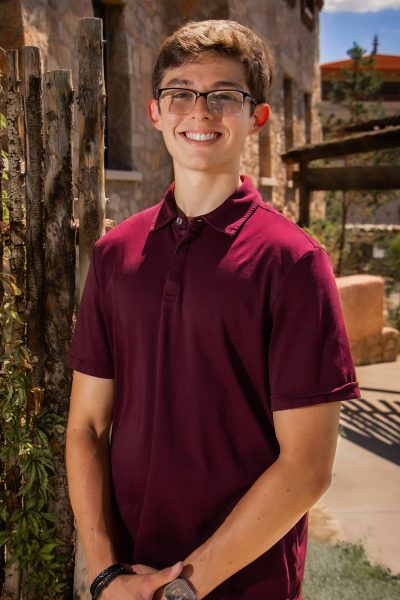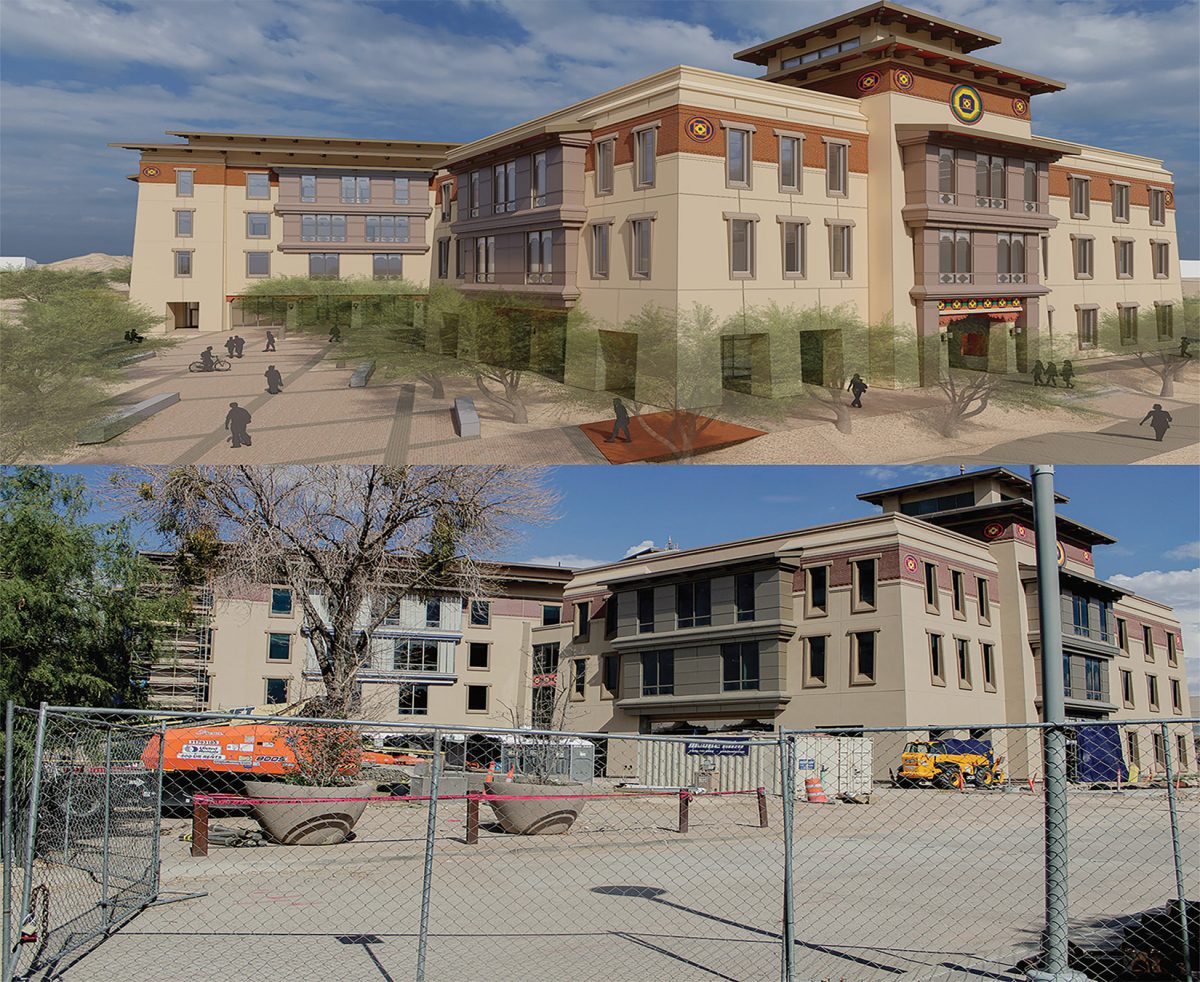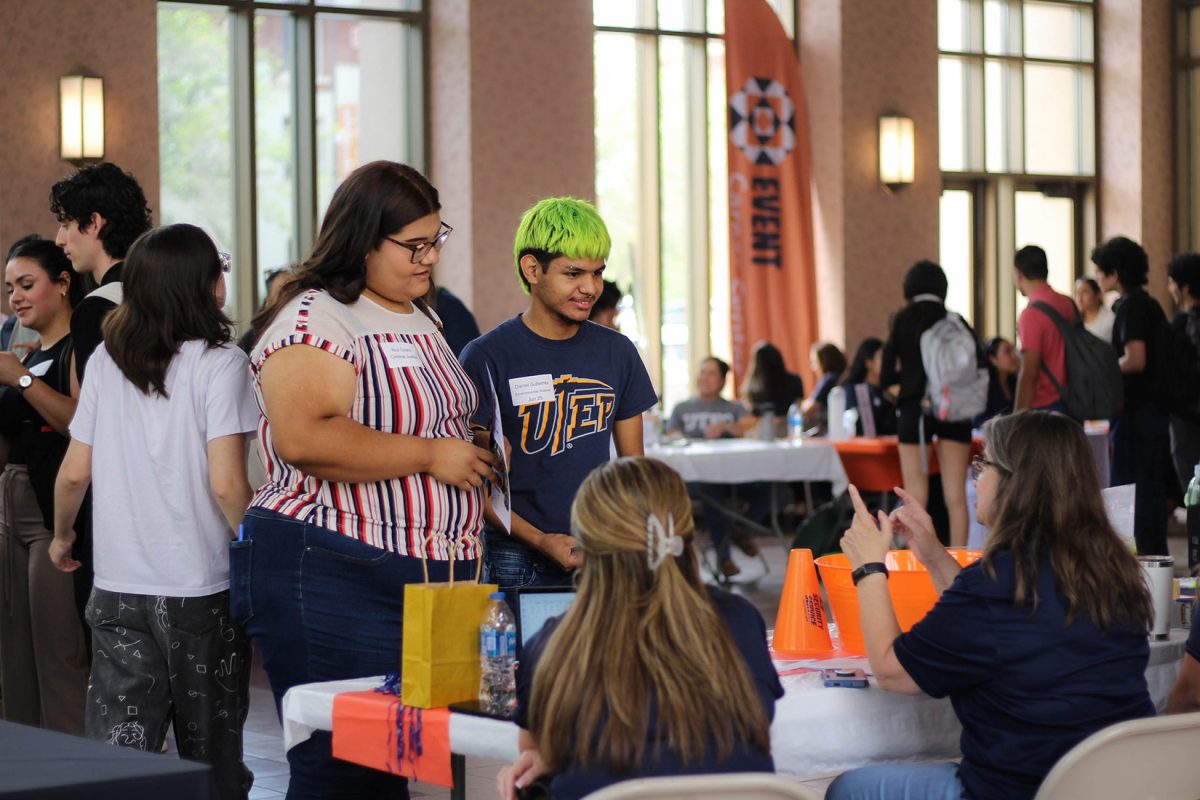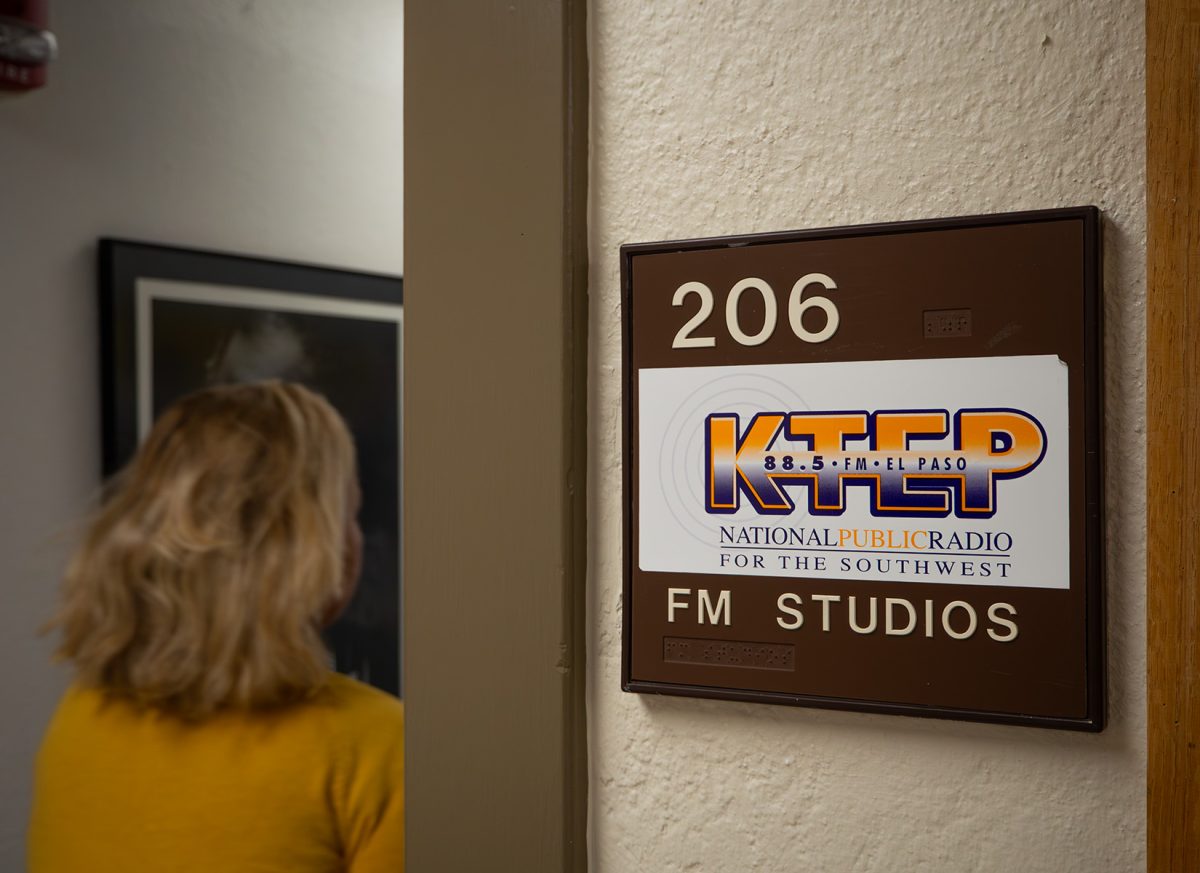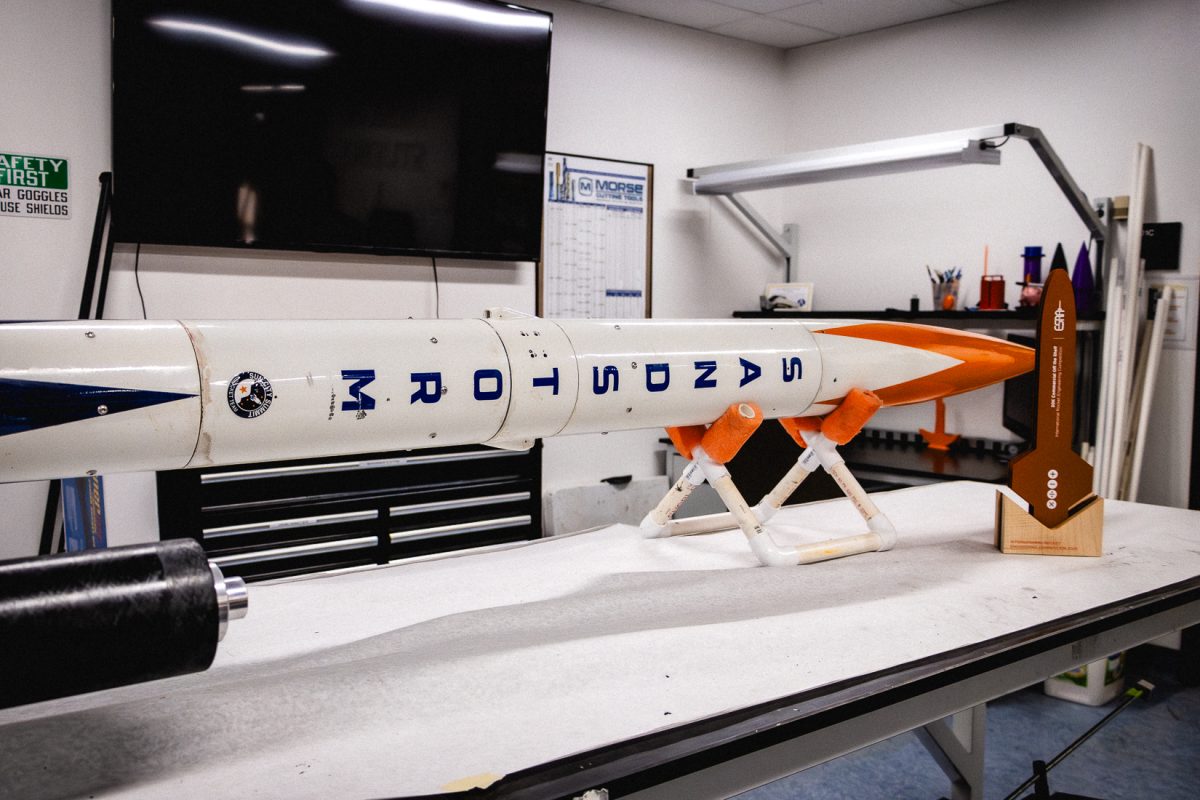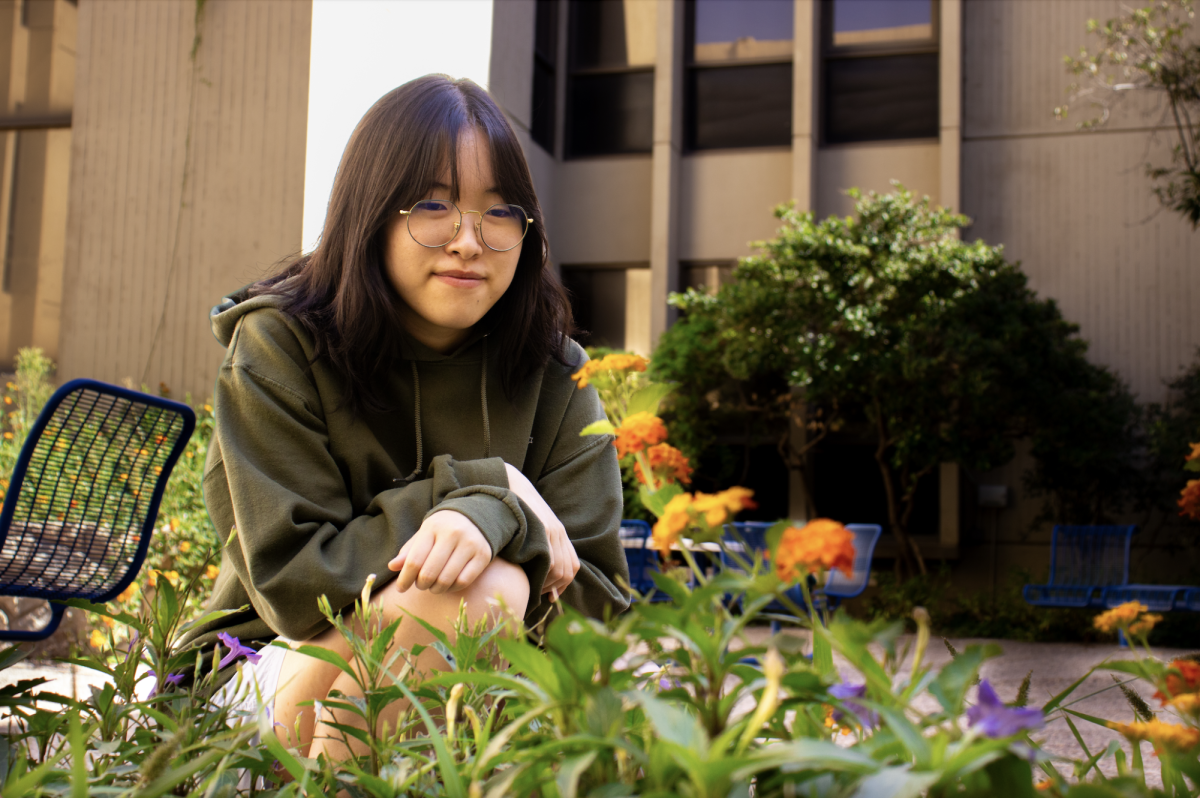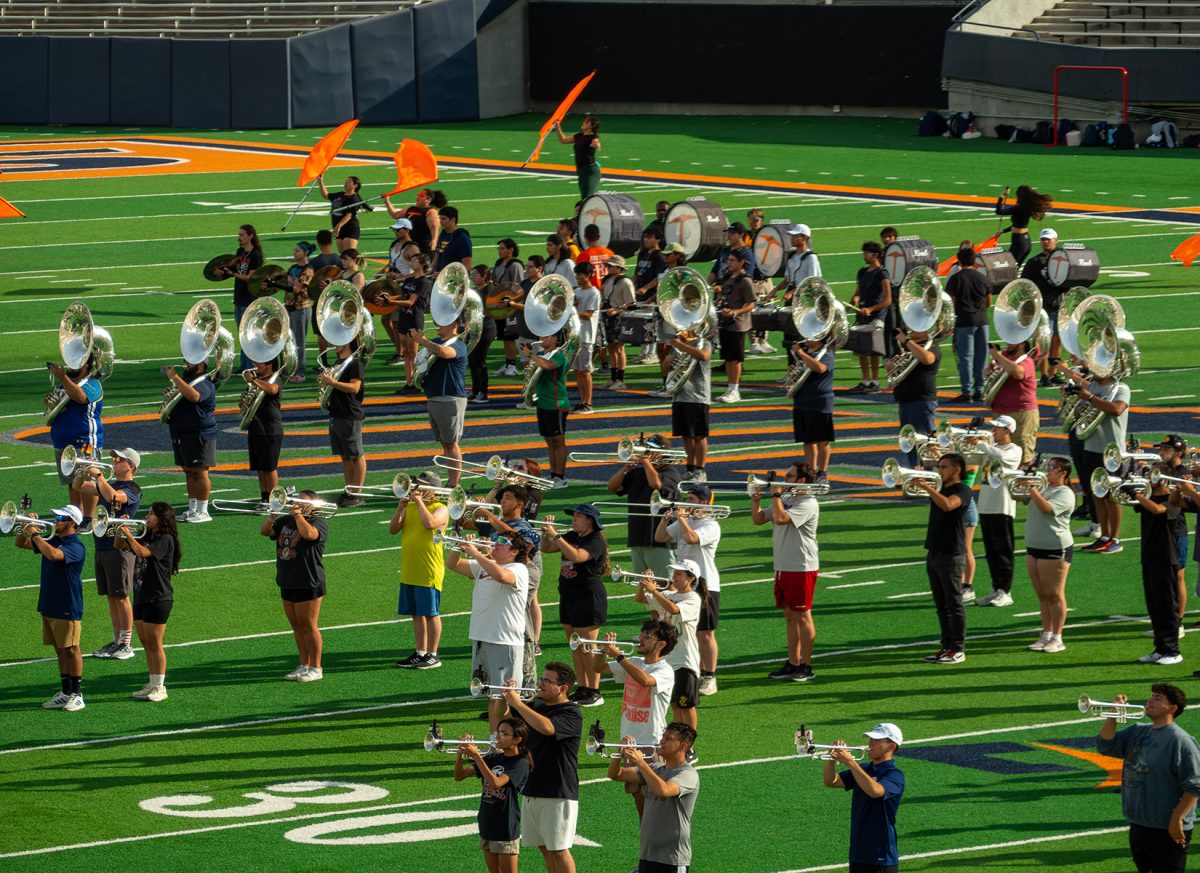Believe it or not, it’s possible to get a more concentrated education after receiving a Ph.D. That would require someone to become a postdoctoral researcher.
Now, that doesn’t mean that every student, after receiving said degree, has to continue working at a university. As a matter of fact, that ideology has become a common misconception surrounding postdoctoral research.
The Oak Ridge Institute for Science and Education states, “a postdoc is a dedicated researcher with specialized knowledge.”
Further analyzing that participating in this type of research is mainly for those wanting to apply their skills into what can best be described as a hyper niche discipline.
Whilst the crowd may be small, that doesn’t mean they deserve to be washed by the wayside.
“The institution didn’t have anything aimed at post docs.” said a founder of the UTEP Post Doctoral Researchers Form Association Dr. Priscila Silva Grijo Farani. “We’re under the graduate school, everything towards us is basically the graduate school resources for Ph.D.s, but they’re not the same. We’re not students anymore, we’re professionals.”
Dr. S.G. Farani has worked at UTEP as a postdoctoral researcher for three years. With a Brazilian origin, Farani not only recognizes, but advocates that post-doctoral students need a larger access to networking opportunities.
“One thing that I’ve been really bugging everyone for, is resources for funding to go to conferences,” said Farani “All of our grad students, they get funding for conferences. Like 500 to 1000, depending on where it is. Us, we have nothing. I already asked the graduate school the college of sciences, all of them say the same thing, we have no resources aimed at post docs.”
The association aims to change the status quo by combining all voices that plead to be heard.
“You’ll be heard when you are in groups, then when you’re asking individually.” said Dr. Yohannes Getahun, a founder of the association and postdoctoral researcher in the department of physics.
Dr. Getahun came to UTEP to complete his doctorate degree after spending nearly a decade lecturing and researching at Adigrat University, an institution located in Adigrat, Ethiopia. Upon extending his career in El Paso, Getahun faced a feeling of isolation.
“You’re a postdoc, and you feel like you’re not belonging to anybody in (the) UTEP community. You’re not taking classes so you have no friends, the only thing will be in the research, which most probably (you’ll) be by yourself.” said Getahun “I myself was wondering where do you go (if) you’re uncomfortable with your position, or just wanted to access some resources for your own professional development.”
Getahun’s hypothesis was to join Farani.
“You need people to guide you through. When I heard this idea of establishing that (the association), that’s why I joined them (the association).” said Getahun. “We not only are excluded, but formally there is nothing you can see for postdocs, even social gatherings.”
Now that the idea has been rigorously analyzed, it’s time to set the groundwork for the association, which begins by defining how to get the resources needed to act upon grant writing, traveling, and empowerment for these researchers.
The answer’s surprisingly simple, find a director.
“I’m involved with the graduate school at UTEP, we’re actively looking and interviewing for a director of Postdoctoral affairs,” said Dr. Ronald J Albright, researcher at the department of Earth, Environmental, and Resource science. “UTEP has already authorized and set a salary. So that’s the first step in formalizing this role.”
Whoever is hired for the position would be filling an inaugural role. “This person is going to be the advocate for the postdoctoral (association),” said Albright. “What grants, what fellowships are appropriate for you to apply to, and career choices as well.”
Albright is on the commission to hire the director and is starting in person interviews soon.
“Most successful postdoctoral programs we see, they have an affairs director,” said Farani. “It’s a huge deal that UTEP wants one, because we’re going to have one person looking out for our interests.”
For a university renowned for research in engineering, an applied science, it’s only right that the same effort diffuses to all sciences.
Sebastian Perez-Navarro is a staff reporter for The Prospector and can be reached at [email protected]


